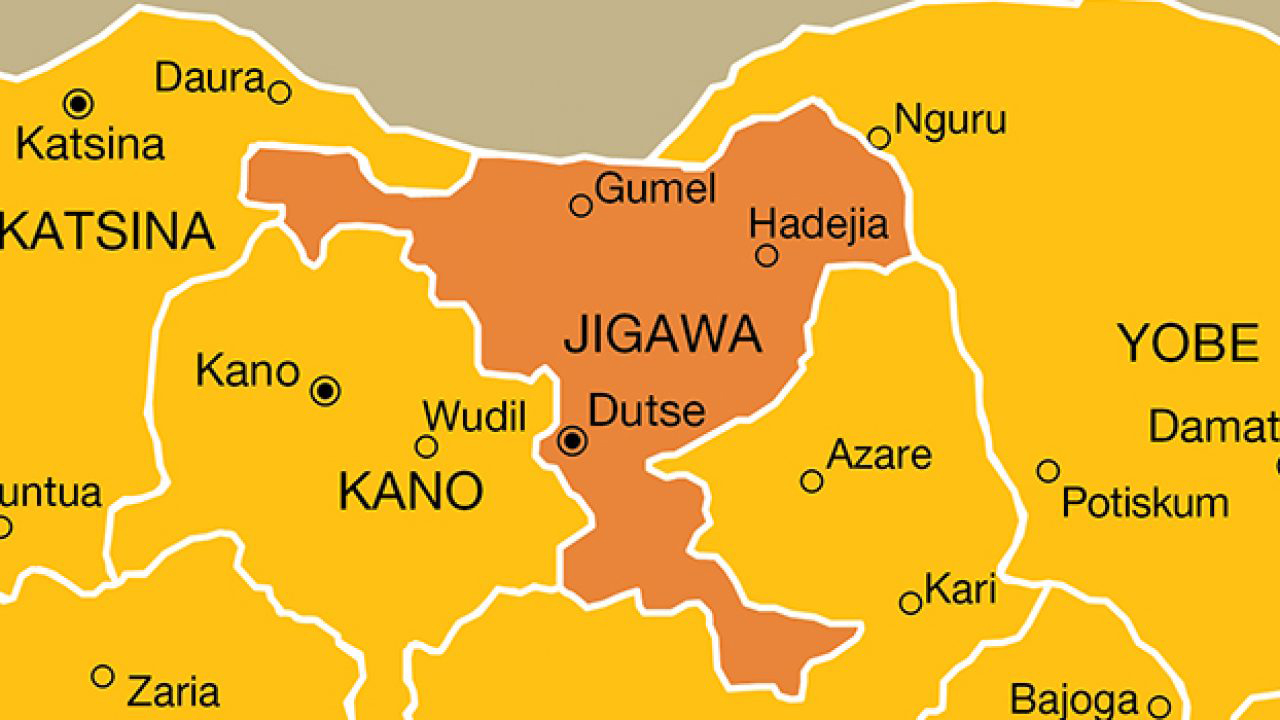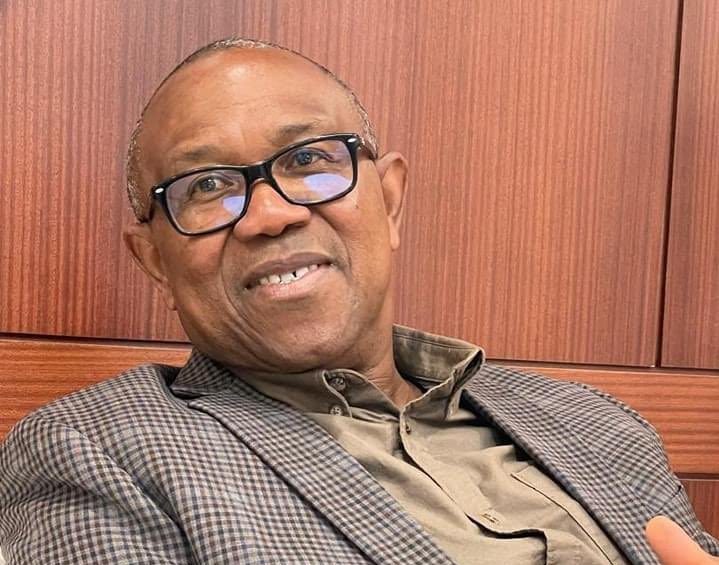The National Directorate of Employment will train 41,307 persons in more than 30 skill sets in the 36 states of the federation and Abuja.
The Director-General of the Directorate, Silas Agara, disclosed this at the flag off of the second phase of the Renewed Hope Employment Initiative (RHEI) in Abuja.
Agara hinted that under phase one of the initiative, which was launched in December 2024, 32,692 unskilled and unemployed people were successfully trained.
He added that 5,532 beneficiaries were resettled with loans and starter packs, while linkages to credit-granting institutions for those that could not be accommodated under its soft loan scheme are ongoing.
Agara added: “A total number of 14,457 beneficiaries are expected to be resettled with starter packs to help them establish themselves in their chosen fields. At the end of the second phase of the RHEI two, we expect that the participants would be equipped positively with skills to enhance their employability, foster entrepreneurship mindsets in them and improve livelihoods to contribute to their communities and the economic growth of the nation.”
The NDE boss stressed that despite the challenges of limited budgetary resources, the directorate remains committed to equipping unemployed Nigerians with demand-driven skillsets.
In his remarks at the occasion, the Minister of Labour and Employment, Muhammad Dingyadi, described the occasion as the commencement of another bold attempt at improving the lives of Nigerians through skills acquisition and resettlement.
According to Dingyadi, the Second Phase of the RHEI programme, championed by the NDE, remains a significant landmark as the country continues to push the frontiers of sustainable employment and decent jobs, which rank high on global development metrics.
Dingyadi stated that the second phase would continue to leverage the four core programme departments of the NDE, namely Vocational Skills Development (VSD), Small Scale Enterprises (SSE), Rural Employment Promotion (REP), and Special Public Works (SPW).
The Minister recalled that the first phase, launched in 2024, was designed to enhance the impact of NDE’s core programmes by aligning them more closely with market demands and national priorities.
Highlighting the achievements made in the first phase, Dingyadi said: “Through a transparent online registration process, a minimum of 10 beneficiaries were selected from each of the 8,809 electoral wards nationwide, ensuring fairness and inclusivity.






